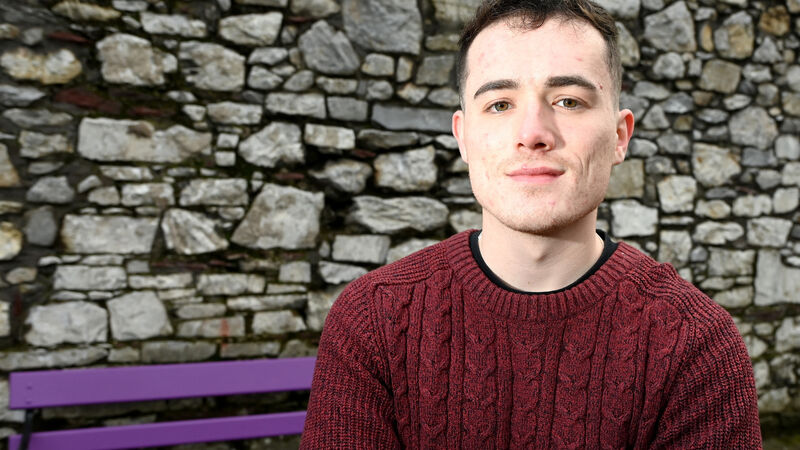Living with epilepsy: ‘In college I tried to hide it but suddenly I’d drop’

Jack O'Connor urges people to become familiar with the 'Time, Safe, Stay' approach in case they encounter someone with epilespy having a seizure. Picture: Eddie O'Hare
A Kerryman living with epilepsy who had a seizure while alone in Italy is urging people to learn more about the condition so they can help their friends if needed.
Around 45,000 people live with epilepsy in Ireland with over 130 deaths annually.













